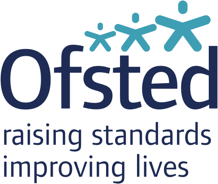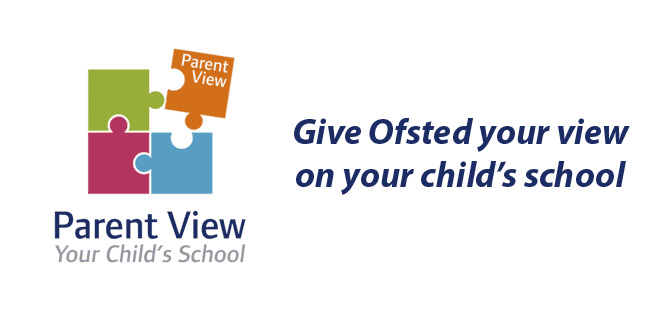Ofsted & SIAMS
Woodstock CE Primary School was last inspected in February 2025 where we maintained our 'Outstanding' judgement in all areas. You can view our report online here or by downloading the document at the bottom of the page.
Parent View gives you the chance to tell us what you think about your child’s school.
The government's 'Compare Schools' area of its website allows you to look at our School performance and key information about Woodstock CE Primary School, and compare it to other schools in England.
Purpose and focus of SIAMS inspections
SIAMS inspection focuses on the impact of the Church school's Christian vision on pupils and adults. This involves looking at the school’s Christian vision, the provision the school makes because of this vision and how effective this provision is in enabling all pupils to flourish.
The Evaluation Schedule has one inspection question: how effective is the school’s distinctive Christian vision, established and promoted by leadership at all levels, in enabling pupils and adults to flourish?
This is explored through seven strands:
- Vision and Leadership
- Wisdom, Knowledge and Skills
- Character Development: Hope, Aspiration and Courageous Advocacy
- Community and Living Well Together
- Dignity and Respect
- The impact of collective worship
- The effectiveness of religious education
One overall grade is awarded reflecting the contribution of these strands to the flourishing of pupils and adults in a Church school.



